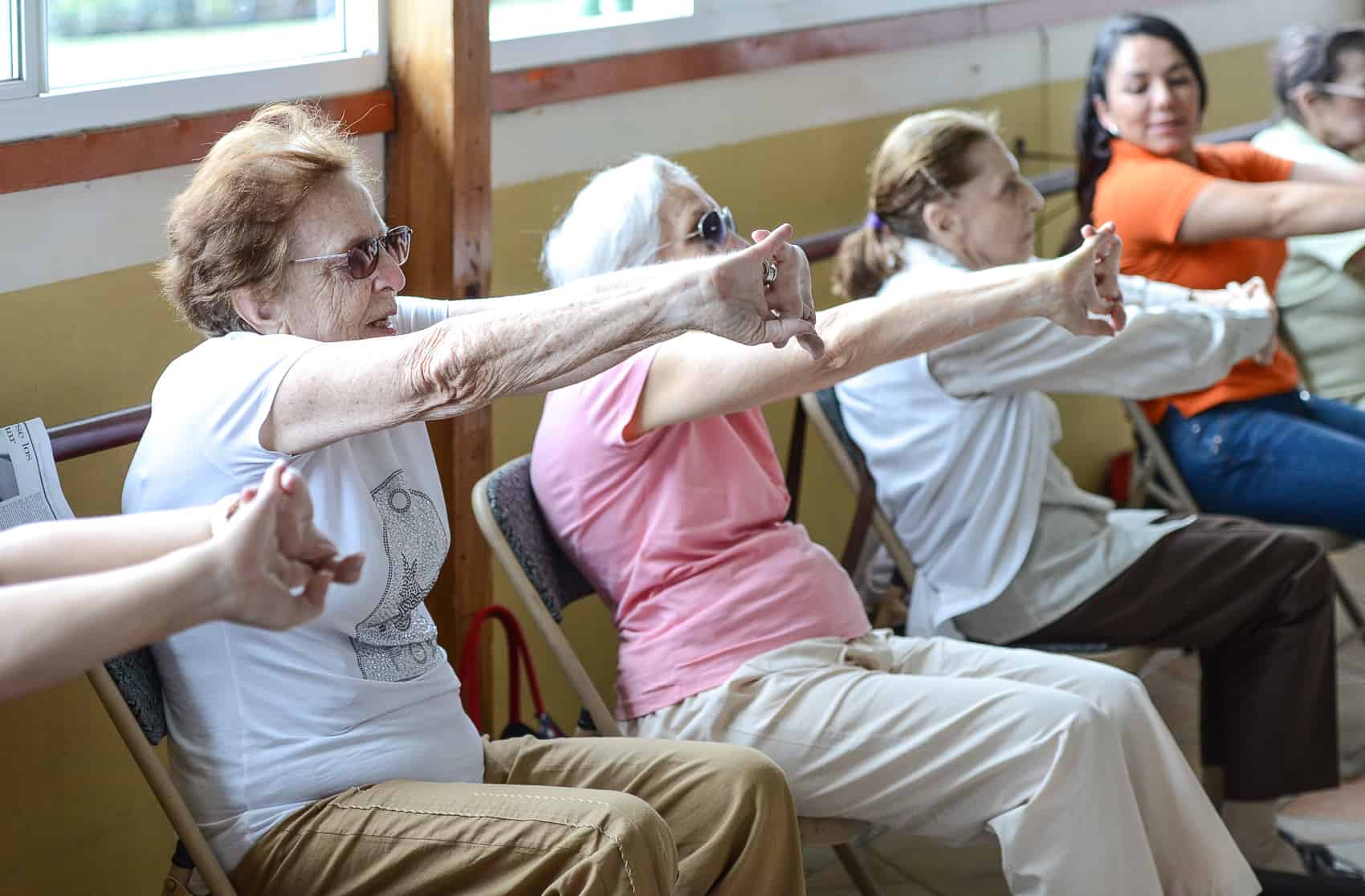Women arguably have been hit hardest by Alzheimer’s disease: Two-thirds of those with the dementia-causing disease are women, and women serve more often than men as their caregivers.
Yet despite inroads by female researchers, Alzheimer’s study has been dominated by men. That recognition prompted a group of female scientists in the United States to form the Alliance of Women Alzheimer’s Researchers (AWARE) to foster collaborative studies, professional networking and more gender-specific research.
“Increasingly, women are moving into this sense of, ‘If not us, who?’ ” said Roberta Diaz Brinton, a professor at the University of Southern California’s School of Pharmacy who helped organize AWARE, a professional interest group within the Alzheimer’s Association.
The group, which has about 150 members (including a few men) originated at an international conference held by the Alzheimer’s Association in 2012. The women met a year later.
But the idea had been brewing for some time, as female researchers — aware of the special impact Alzheimer’s has on women and the need to conduct gender-specific research — attended symposiums featuring mostly male scientists.
Recommended: Is Costa Rica an affordable option for expats and medical tourists with Alzheimer’s disease?
“There was no one event that led to the formation of AWARE,” Brinton said. “It was instead a steady drip of inequality over many years that reached a tipping point. It was more like many of us — who had been working 24/7 for decades — suddenly and collectively looked up from the bench, from the clinic, and saw a world that was surprising and perplexing to us. The hypothesis that merit and excellence would earn appropriate leadership positions was not supported by the data.”
Amid a growing recognition that diseases and treatments can follow different courses in people of different races or sexes, the women wanted to shift the focus of research, too.
“We did also very much want to advance the science of gender-based differences in Alzheimer’s disease,” said Suzanne Craft, a professor of gerontology and geriatric medicine at Wake Forest University’s School of Medicine who helped organize the group.
Craft said she still recalls feeling unintentionally left out by the head of a laboratory who organized pickup basketball games with the male graduate students in his lab. Sexism, benign or not, has influenced the direction of Alzheimer’s research, she said. But the agenda has begun to change.
“Finding ways to collaborate, finding mentors to tell you what your options are, finding ways to actually think about doing gender research that maybe has not been the focus for so long — those are all the opportunities we’re trying to create,” said Maria Carrillo, vice president of medical and scientific relations at the Alzheimer’s Association and a founder of the group.
© 2014, The Washington Post






